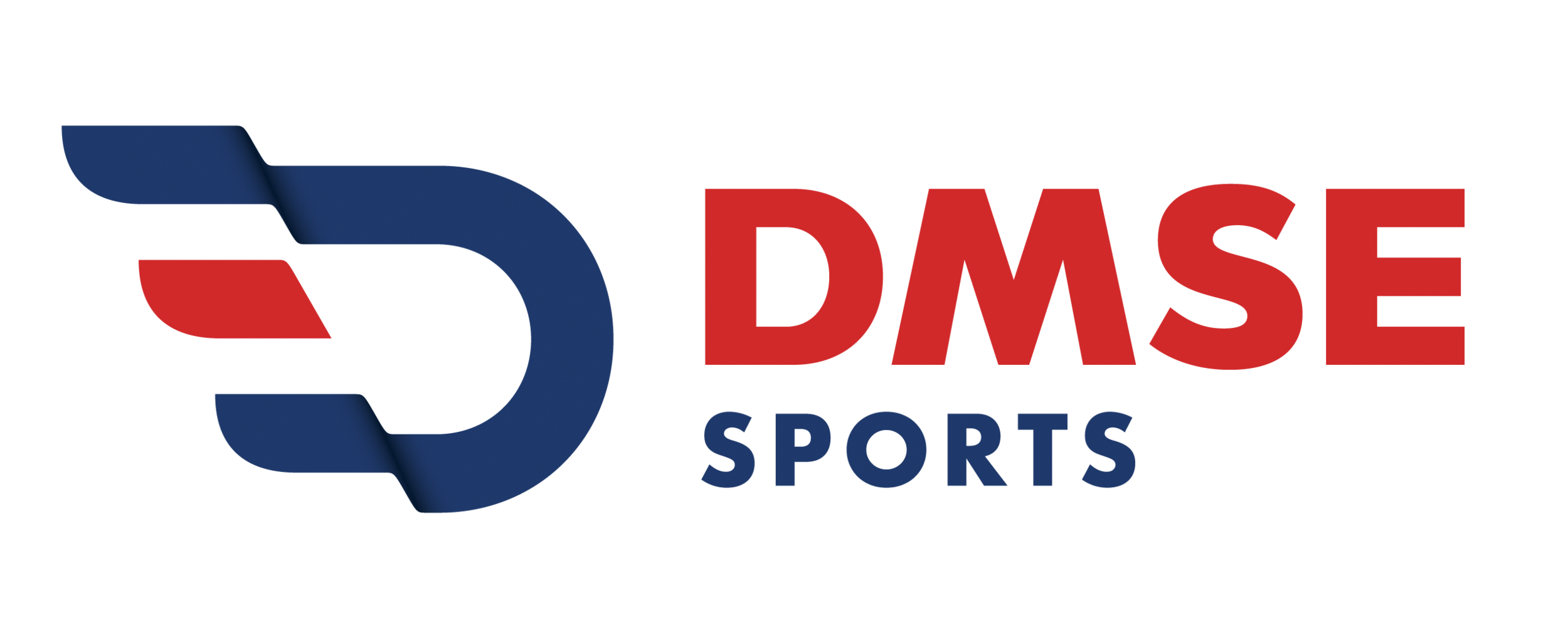MASS. LOOSENS MORE RESTRICTIONS TODAY WITH ROAD RACES AND AMUSEMENT PARKS—AND SINGING IS BACK
THE BOSTON GLOBE
Massachusetts residents will wake up Monday morning one step closer to normal life, as the state moves forward with the latest stage of its economic reopening, permitting activities such as road races, amusement and water parks, and increased capacity for stadiums like Fenway Park.
The state will allow walk-up vaccinations at six mass vaccination sites, and officials are looking ahead to further easing of restrictions later this month.
But the public health measures needed to combat COVID-19 mean some activities, such as the Boston Marathon, now scheduled for the fall, will look very different in order to curtail large gatherings and continue social distancing.
Dave McGillivray, the Marathon’s race director who helped develop the state’s economic reopening process, said in some ways, this year has been even more difficult than last year, when the pandemic was erupting.
“This year has been more frustrating than last, because right now, we have one foot in and one foot out,” said McGillivray, who organizes about 30 races across the country, including several in Massachusetts. “Last year, I knew it was all gone. Now, I don’t know... it’s a little nerve-wracking.”
Six Flags New England in Agawam plans to reopen to members on Friday and the general public on Saturday, said Jennifer McGrath, a park spokeswoman. The park has prepared for months to implement its COVID-19 plan, which includes social distancing, contactless security, an extensive sanitizing operation, and requiring online reservations, she said.
“Truly, we’re just so thankful we’re being able to open this Friday. It’s so hard to say we’ve been closed 13 months and we just can’t wait,” she said.
The latest stage of the economic reopening comes after the state Department of Public Health reported 655 new confirmed coronavirus cases Sunday, bringing the state’s total to 653,190. The department also reported six new confirmed coronavirus deaths, bringing the state’s total to 17,330.
The number of vaccinations administered in Massachusetts rose by 71,663 to 6,738,477, state officials also reported Sunday.
Walk-up appointments will be available starting Monday at six of the state’s mass vaccination sites: in Hynes Convention Center and the Reggie Lewis Center in Boston, the Natick Mall, the DoubleTree Hotel in Danvers, the former Circuit City in Dartmouth, and Springfield’s Eastfield Mall.
Starting Monday, road races and other large, outdoor organized athletic events will be allowed, according to the state, but with staggered starts to limit the size of groups, and organizers will have to submit safety plans ahead of time to the state or local boards of health.
Recreational areas such as amusement parks will be permitted to operate at 50 percent capacity — and they’ll have to submit safety plans too.
Indoor and outdoor stadiums and arenas had been allowed to reopen at 12 percent capacity in March. As of Monday, they will be allowed to increase capacity to 25 percent, according to the state.
The state announced that youth and adult amateur tournaments will be also allowed for moderate- and high-risk sports.
Singing at indoor venues can resume, though under social distancing requirements.
Jay Lane, choirmaster at St. Anne’s Episcopal Church in Lincoln, whose choir members have been singing from their cars for months, said he does not plan to return to indoor singing right away, despite the new rules.
So, the next step is singing with microphones outside the choir members’ cars, which will happen for the first time at a service later this month. After that, he said, they’ll see.
“The science tells us that COVID is spread very effectively by singing,” he said in a phone interview Sunday, noting that he was also waiting for church guidance. “We want to be cautious.”
Officials in Boston, Cambridge, and Somerville are taking a more cautious approach, however, and plan to proceed at a slower pace.
On June 1, Boston and Somerville will allow some activities, like road races, amateur tournaments for moderate and high-risk sports, and singing at indoor venues, those cities said in separate statements.
Cambridge, however, will not follow the state’s reopening plan Monday, according to a statement.
Officials who organize the region’s road-racing events warned that people shouldn’t expect a full return to normal starting Monday.
Among the upcoming events that will remain virtual is the B.A.A 10K scheduled for June, said Tom Grilk, the Boston Athletic Association’s chief executive officer.
“To put on a large event, with social distancing, with lots and lots of people, you have to have a lot of time,” Grilk said. “If we take 10,000 runners and run a 10K in Boston, and observe the appropriate social distancing rules that would still be in effect, we’d have to take up the road for hours and hours. That’s not fair to the city of Boston.”
The association, which is expected to hold the Boston Marathon in October, has made changes due to the pandemic. The race typically draws a field of more than 30,000 runners, but officials expect 20,000 to participate because of logistics put in place to promote social distancing during the event, he said.
“There may be changes that are useful [in years to come],” he said, noting the steps this year’s marathon will take to avoid large gatherings. “Who knows? Maybe something like that will be a desirable approach going forward.”
Despite the disruptions, McGillivray and Grilk each said in separate interviews they expected participation in road racing to be strong when events finally resume.
“I firmly do believe it’s going to come back, and come back in a much stronger way,” McGillivray said. “When something is taken away, people realize how important it is in their life. And they want it more than ever.”
